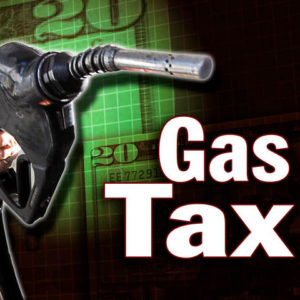TCI Tax Calculation – Action Required
Connecticut is a participating state in the Transportation Climate Initiative, which it says is a “regional collaboration of 12 Northeast and Mid-Atlantic states and the District of Columbia that seeks to improve transportation, develop the clean energy economy and reduce carbon emissions from the transportation sector.” Ultimately what TCI will do, if adopted, is impose…

Connecticut is a participating state in the Transportation Climate Initiative, which it says is a “regional collaboration of 12 Northeast and Mid-Atlantic states and the District of Columbia that seeks to improve transportation, develop the clean energy economy and reduce carbon emissions from the transportation sector.” Ultimately what TCI will do, if adopted, is impose a carbon fee on state fuel suppliers (i.e. wholesalers), who would comply with a regulation by holding enough allowances under a cap and trade program to cover the CO2 from combustion of fuel sold.
The TCI program has been called a carbon tax or a gas tax. This cap and invest scheme will purposely drive up the cost of fuel, and spend the tax proceeds not on roads, but on things such as Public Transit/ Transit Oriented Development (TOD), electric vehicles subsidies, and bike/pedestrian facilities, to name a few examples.
MTAC needs help in demonstrating the cost increases this would put on Connecticut businesses. TCI’s own projections talk about anywhere from a 5 cent/gallon to 17 cent /gallon increase in the cost of fuel during the first year (2022). The cost will then increase over ten years. The projected increase in the tenth year has not been explicitly stated, but based on available materials, it appears that the cost of fuel could increase by as much as 45 cents/gallon by the tenth year of the program.
Please download and complete this very brief spreadsheet which will show the estimated cost increase to your business, and email it back to MTAC’s Joe Sculley.
